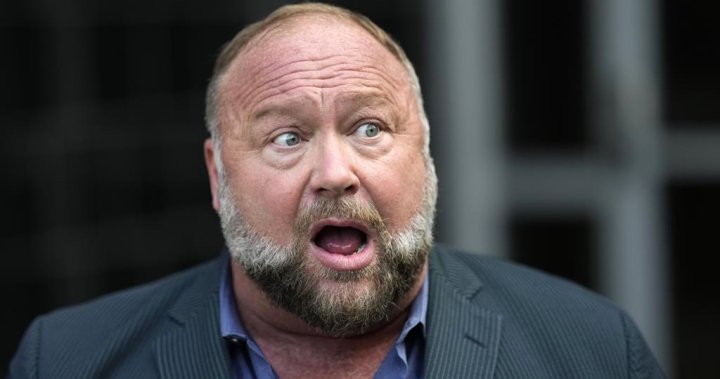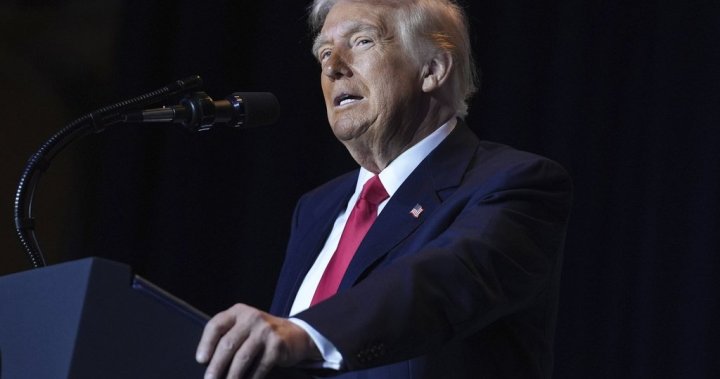French President Emmanuel Macron appointed his main ally François Bayrou as his fourth prime minister for 2024 on Friday, but the scale of the challenge facing the veteran centrist was immediately clear with the Socialist Party refusing to join his coalition government.
Bayrou, 73, gave a sober assessment of whether he was able to tame a hung parliament that ousted his predecessor, Michel Barnier, last week.
“The road is long, and everyone knows that,” he told reporters. “I’m not the first to take the long road.”
The worsening political crisis in France has raised doubts about whether Macron will complete his second presidential term until 2027.
This also raised French borrowing costs and left a power vacuum in the heart of Europe, at a time when Donald Trump is headed to the White House and Germany is preparing to hold new elections after the collapse of its ruling coalition.
Story continues below ad
Bayrou, founder of the Democratic Movement (MoDem) party that has been part of Macron’s ruling coalition since 2017, has run for president three times, drawing on his rural roots as the longtime mayor of the southwestern city of Pau.

The French government was overthrown by a vote of no confidence, what will happen next?
His immediate priority will be to pass a special law to replenish the 2024 budget, with a more fierce battle over 2025 belt-tightening legislation looming early next year.

Get daily national news
Get the day’s top political, economic and current affairs news, headlines, delivered to your inbox once a day.
Parliamentary opposition to the 2025 bill led to Barnier’s downfall and left-wing leaders announced on Friday that they may try to oust Bayrou as well if he uses special constitutional powers to pass the budget against parliament.
Bayrou’s proximity to Macron, who is not very popular, may also be a weakness.
The Socialist Party, which Macron turned to during his search for the position of prime minister, accused the president of ignoring their demands for a leftist leader in favor of a “risky” Macronista.
Story continues below ad
“Therefore, we will not enter the government and will remain in the opposition,” said Boris Valaud, leader of the Socialists’ parliamentary bloc.
The reaction to Bayrou’s appointment on the left will be a concern for Macron, as the prime minister will likely live day to day, at the mercy of the president’s opponents, for the foreseeable future.
Macron hopes that Bayrou can avoid a vote of no confidence until at least July, when France can hold new parliamentary elections.
Leaders of the far-left France Resilient party said they would seek Bayrou’s immediate dismissal, while leaders of other left-wing parties took a more nuanced approach.

Macron appoints a new French Prime Minister
Trending now
-

Trump says he’s ‘good’ after Ford threatens to cut power to border states
-

Saskatchewan Premier Scott Moe calls a federal election
Green Party leader Marine Tondillier also said she would support a no-confidence motion if the prime minister ignored their concerns regarding taxes and pensions.
Story continues below ad
Communist leader Fabien Roussel said his party would launch an attack on Bayrou and make a decision on a case-by-case basis if he promised not to pass the legislation.
Jordan Bardella, head of the far-right National Rally, said he would not call for an immediate motion of no confidence, while fellow National Rally leader Marine Le Pen said Bayrou should listen to the opposition’s budget wishes.
A real test for the 2025 budget looms on the horizon
The far-right and far-left considered Barnier’s budget bill, which targeted 60 billion euros ($63 billion) in savings to calm investors increasingly concerned about France’s 6% deficit, as too stingy. The government’s failure to find a way out of the impasse led to French borrowing costs rising.
Kathleen Brooks, research director at XTB, said Bayrou’s appointment was unlikely to have a major impact on French bonds. However, she said the French CAC 40 stock index is outperforming German stocks by three decades.
Story continues below ad
“With France still mired in political turmoil, narrowing this gap is an uphill struggle, even with a new prime minister,” she wrote.
Macron appointed Bayrou as justice minister in 2017, but he resigned just weeks later amid an investigation into his party’s alleged fraudulent hiring of parliamentary aides. He was acquitted of fraud charges this year.
-Reporting by Dominique Vidalon. Additional reporting by Michelle Rose and Elizabeth Pineau; Writing by Gabrielle Stargarter. Edited by Richard Love, Angus MacSwan and Ross Russell

















